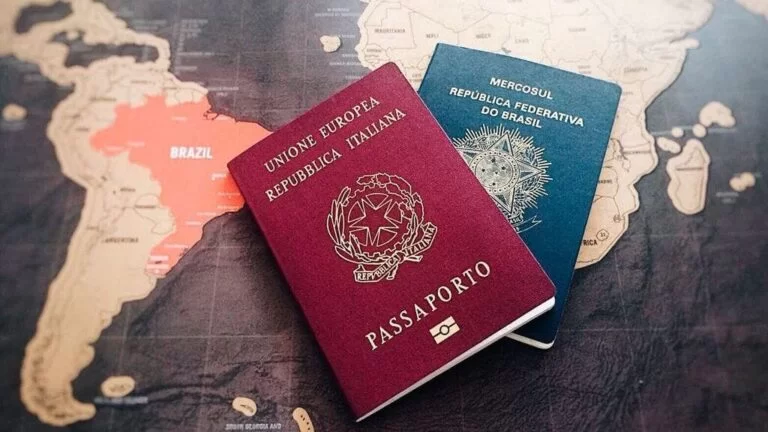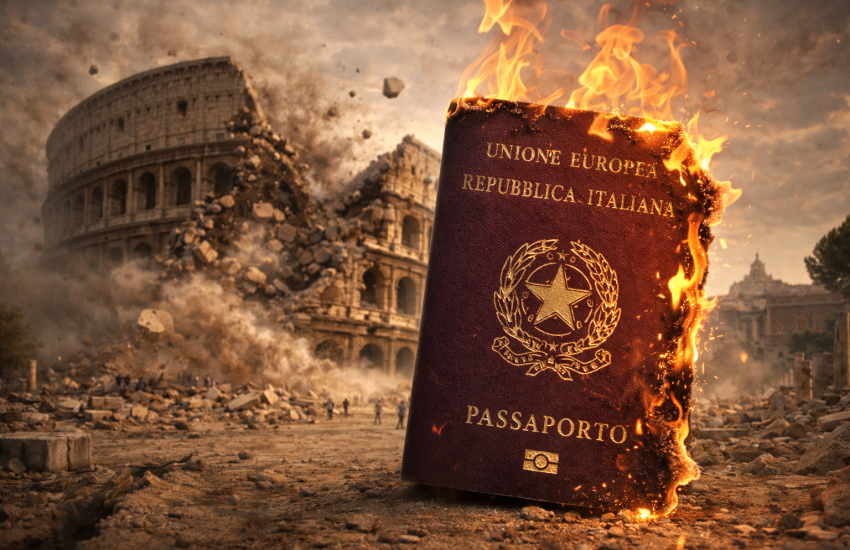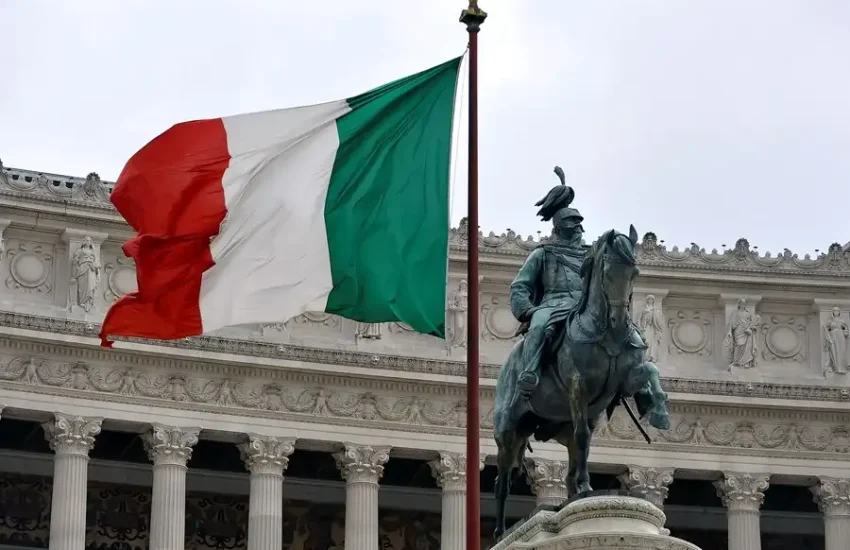The recent approval by the Italian Senate of the conversion into law of Decree No. 36/2025 has introduced drastic changes to the process of obtaining Italian citizenship by descent (ius sanguinis). The law imposes significant restrictions, which many legal scholars consider to be clearly unconstitutional. But how exactly can citizens and institutions challenge this law? Discover the possible legal avenues, particularly a rare but powerful one: a direct appeal through the presidents of Italy’s regions.
The Two Paths of Appeal
There are two main ways to bring the issue before the Italian Constitutional Court:
-
Incidental Appeal (Common and Accessible to All Citizens)
This is the most accessible and frequently used method. It works as follows:
The affected citizen initiates an ordinary legal action (administrative or civil) against the denial of citizenship recognition based on this new law.
During the proceedings, if the Italian judge finds that the question of constitutionality raised is well-founded, they can refer the case directly to the Constitutional Court.
This path is widely used but may take several years, depending on the court’s workload.
-
Direct Appeal to the Constitutional Court (Rare and Limited)
This type of appeal, known as a “ricorso diretto in via principale” (direct appeal in the principal way), is extremely limited and reserved exclusively for institutional authorities, particularly the presidents of Italy’s regions.
These regional presidents (or governors) have standing (legittimazione attiva) to challenge national laws directly, provided they can demonstrate that the new regulation invades regional powers or causes direct harm to their region’s interests..
Which Regions Could Act Directly?
Among Italy’s 20 regions, some stand out for their strong ties with communities of Italian emigrants and descendants abroad. These regions have a legitimate interest in directly challenging the law because of its impact on areas such as return tourism and economic, cultural, and historical relations with Italian communities worldwide.
Regions most likely to pursue a direct appeal include:
- Veneto and Friuli-Venezia Giulia (governed by the League)
- Sicily and Calabria (governed by Forza Italia)
- Campania (governed by the Democratic Party))
The likelihood of these regions taking direct action also depends on the political context. Regional governments aligned with the national coalition (such as Brothers of Italy, the party of current Prime Minister Giorgia Meloni) may face internal political resistance. Conversely, regions governed by opposition or independent parties tend to have greater political freedom to act.
Importance of the Direct Appeal
A direct appeal by regional presidents is significant because it:
- Allows the constitutional question to reach the Court quickly, potentially speeding up the annulment of the law.
- Represents a strong political and legal stance, drawing national and international attention to the issue.
Conclusion: Mobilization and Strategy
Although the indirect judicial route (the incidental appeal) remains open to all citizens, political and civic mobilization to raise awareness among regional presidents may be crucial for a swift constitutional review of this law.
Given the profound impact of this legislation on millions of Italian descendants worldwide, direct action by an Italian region could become a turning point in the debate, opening a decisive path to safeguard the historical rights connected to Italian citizenship.









